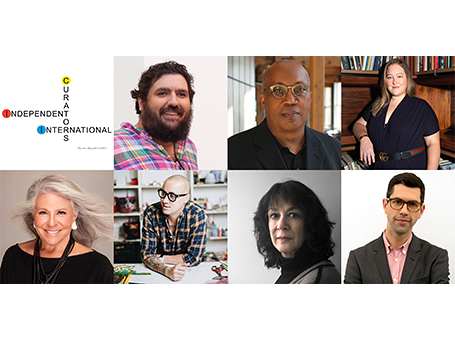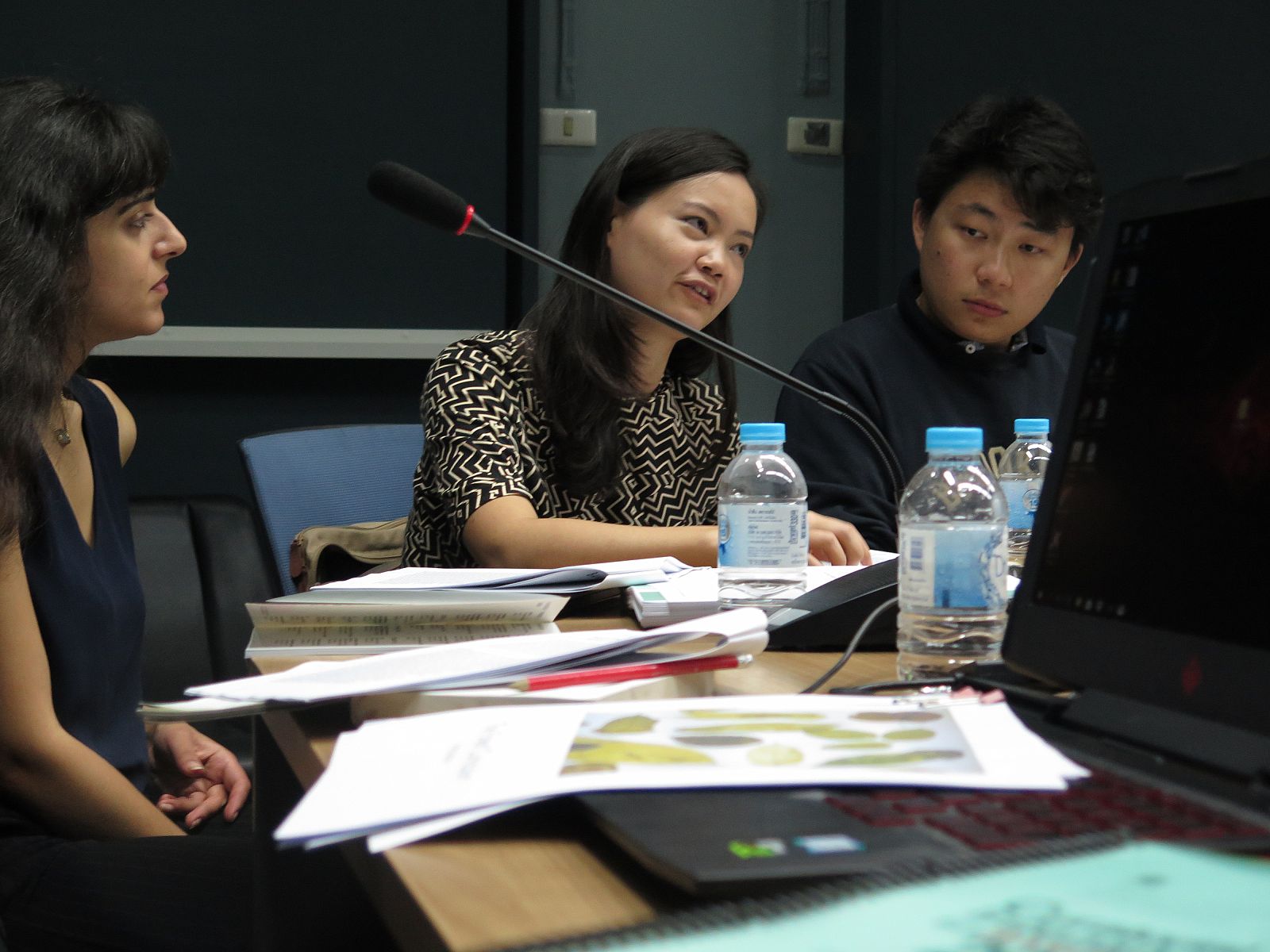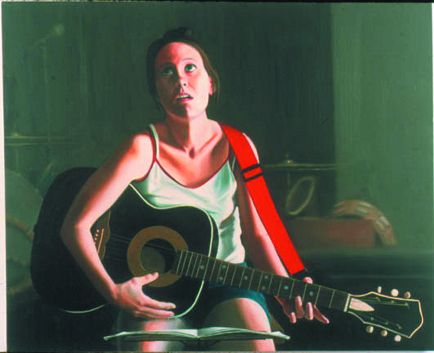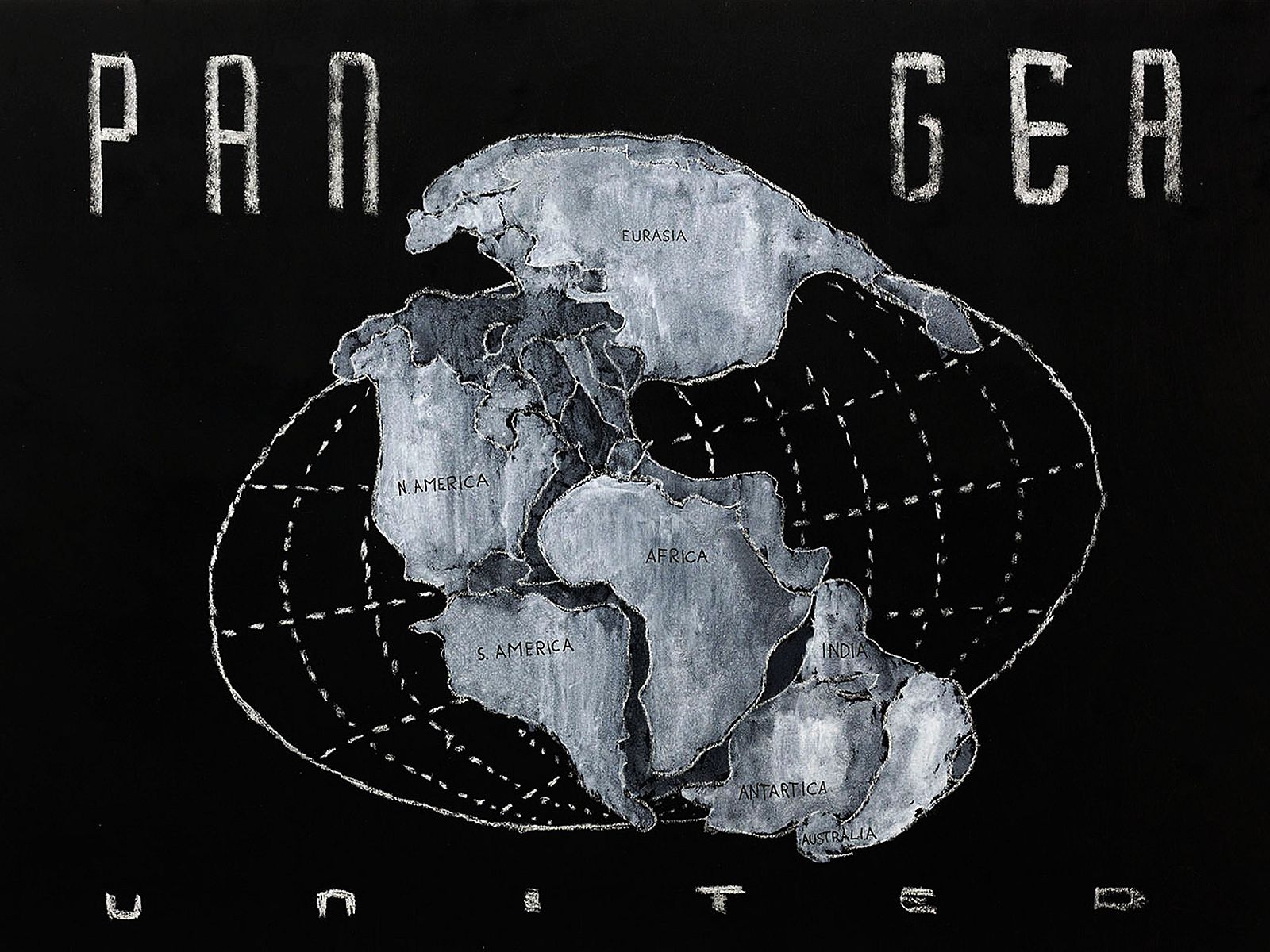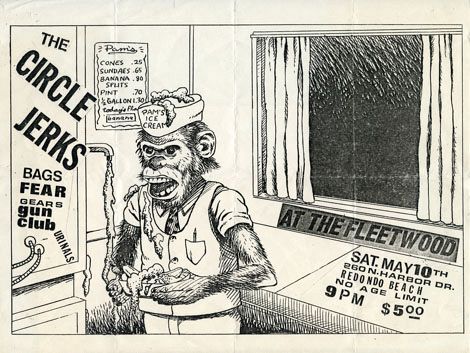Curator Zoë Chan developed this proposal during the 2014 Curatorial Intensive in New York
Exhibition Summary
The group exhibition Documenting Subjectivities will feature contemporary artists who reinterpret, diversify or extend the limits of the genre of documentary by melding it with aspects of performativity and collaboration. Focusing on video projects, Documenting Subjectivities will examine questions of representation as these intersect with the tradition of the documentary. In collaboration with their subjects, the artists examine the experiences of specific groups, communities, scenes, or cultures. In these explorations of collectively experienced realities, they use performative or collaborative strategies that go beyond the expository, didactic or social realist approaches popularly associated with documentary. These strategies often allow for creativity or pleasure on the part of the member-participants, as well as a sense of agency and control over their representation. The featured artworks not only innovate the documentary genre, but also articulate the diversity of identities, affiliations, and subjectivities existent in contemporary society.
Documenting Subjectivities will contextualise these artistic representations of various groups, communities or collectivities within the larger framework of ethnographic or anthropological cinema, in particular through a film series that will present iconic or innovative iterations of the genre, both past and present. Screenings will be accompanied by public discussions led by artists, documentary filmmakers, and cross-disciplinary scholars who will critically respond to these films.
Exhibition Description
Documenting Subjectivities will explore how contemporary artists represent and recount the specific experiences of various groups through the use of hybridized approaches that draw from documentary cinematic practices as well as from various collaborative and participatory strategies in the art-making process. Highlighting storytelling, oral histories, and popular vernaculars, Documenting Subjectivities will investigate how fictional and non-fictional elements can come together in these hybrid narratives. The exhibition will concentrate on artists who emphasize performativity and/or collaboration, often with amateurs or non-professionals, in the development of these works. In these videos, the artists’ subjects are not merely on display as passive objects of study but instead are called upon to actively contribute to the creative process and to perform their own embodied explorations of specific narratives. The artists in Documenting Subjectivities aim to provide an authentic and unexpected window onto a community and their experiences, perspectives, or modes of being while opening up the possibility for transformation, creativity, and agency on the part of the participant-members. These projects are not merely documentation of performances; they are often collectively authored artworks in themselves.
In its explorations of collective identities and subjectivities as these intersect with a multiplicity of factors—ranging from gender identification and sexuality, ethnocultural origins, political alliance, and diasporic experience to age, education, tastes, lifestyles, and spiritual beliefs—Documenting Subjectivities will reflect and reflect on the de facto diversity of contemporary society. Though the narratives featured in Documenting Subjectivities are often under- or misrepresented in mainstream discourse, the exhibition does not subscribe to a margins vs. centre paradigm; rather, it aims to articulate and affirm the multiplicity of group-oriented subjectivities, voices, identities, and affiliations characteristically existent in the public realm today. In so doing, Documenting Subjectivities overturns the ethnographic lens of early documentary on the marginalized “other” (in terms of ethnicity, economic class, political affiliation, social status, and so on), where the primitivizing perspectives on these groups typically oscillated between the exoticization and rejection or the desire and denigration of their objects of study.
Additionally, Documenting Subjectivities will explore how the artists critically engage with documentary and the genre’s shifting understanding of authentic representation. They will be requested to provide notes, images, and influences from the “making-of” part of their project, which will be presented in tandem with the respective videos. In addition, artists will be asked to respond to a brief but focused list of questions, where they will have the opportunity to comment on their interest in the genre, what they feel to be its potential and limitations, why they chose to mix documentary techniques with performativity and/or collaboration in their featured artwork, and their experiences during the project. Their responses will be featured in a free booklet available in the gallery, as well as audio commentary accompanying the works, and extended labels alongside the works.
Finally, Documenting Subjectivities will feature books and quotes by important documentary filmmakers, both past and present, that show evolving perspectives on the genre within the fields of ethnography, anthropology, and beyond. These will be further explored in the exhibition’s accompanying film series. (see Public Programming)
Artworks
The five to eight artworks to be presented in Documenting Subjectivities have not yet been finalized. Artists currently under consideration include, among others, Bertille Bak, Phil Collins, Helen Reed, Karen Tam, Wu Tsang, Marwa Arsanios, and Gillian Wearing. (see ANNEX)
Public Programming
To situate the featured videos within the larger context of the documentary genre of the 20th and 21st century, Documenting Subjectivities will also offer a program of public screenings. Presenting films by Jean Rouch, Chris Marker, National Film Board of Canada (NFB), and Harvard University’s Sensory Ethnography Lab among others, this series will look at ethnographic and anthropological documentaries that integrate participatory and/or performative strategies. With a special focus on representations of indigenous cultures (that infamously have been a popular subject of many early ethnographic studies within a colonialist context), the series will include the iconic but problematic documentary of Robert J. Flaherty’s Nanook of the North. This documentary will be shown in conjunction with more recent films by indigenous filmmakers, writers, and/or actors: Atanarjuat (The Fast Runner) and Tungijuq (both produced by Igloolik Isuma Productions), and Cree contemporary artist Kent Monkman’s Group of Seven Inches, a queer pastiche of silent and ethnographic cinema which turns the camera’s gaze on the exotic “European male” species. Film screenings will be introduced by artists, documentary filmmakers, and cross-disciplinary scholars—ranging from film historians to anthropologists—who will also lead discussions afterwards, allowing for a range of critical response to the featured films.
ANNEX: Examples of works under consideration
Bertille Bak made the video Transports à dos d’hommes (Borne on Men’s Backs) in collaboration with the inhabitants of a Roma community in Paris that she met on the metro. Using music, performance, and various theatrical devices, Bak and her subjects created a playful folktale or fable of a day in the life of a Roma community, while implicitly revealing the concrete challenges of day-to-day living for its members.
el mundo no escucherá (the world won’t listen), by Phil Collins, shows Smiths fans in Columbia singing karaoke style to the Smith’s album The World Won’t Listen. This is a part of a tri-part video series shot equally in Turkey and Istanbul.
For Karen Tam’s The Girl from Ipanema, a group of new immigrant ESL students from Liberty High School Academy for Newcomers in NYC create their own versions of “The Girl from Ipanema,” which they sing and recite the tune in their native tongues. Two videos are shown side by side: one is the reinterpreted song as a karaoke video, and the second documents the process, revealing the group interactions and personalities, as well as bloopers.
Wu Tsang’s Wildness looks at Latino LBGT immigrant communities who meet at the Silver Platter, an underground bar in Los Angeles. Wildness mixes interviews with dream sequences to create a history of this iconic place.
Learn More
To learn more about this proposal please email Zoë Chan at zoeruthchan@gmail.com. To learn more about the Curatorial Intensive email info@curatorsintl.org.


